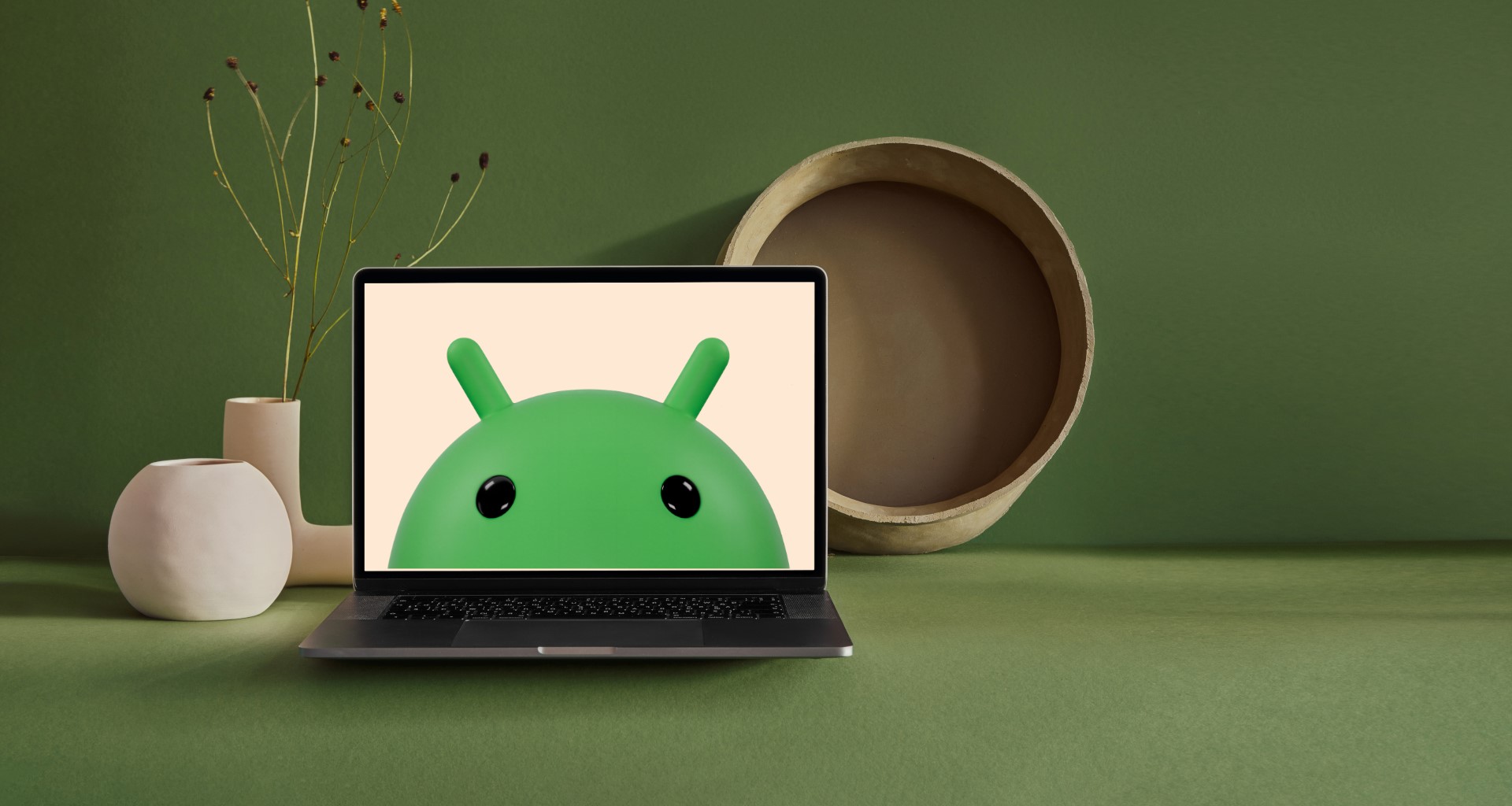
Why Use an Android Emulator?
Running Android applications on a Windows 7 computer offers several benefits:
- Accessibility: Enjoy Android apps on a larger screen, enhancing both development and user experience.
- Cost-Effectiveness: Emulators eliminate the need for multiple testing devices, saving costs.
- Performance: PCs generally handle high-definition games and videos better than Android devices.
- Security: Test new apps or updates in a safe environment before deploying them to real devices.
Top Android Emulators for Windows 7
BlueStacks App Player
BlueStacks is a popular choice for running Android apps on a PC. Key features include:
- Ease of Use: User-friendly interface suitable for beginners and experienced users.
- Performance: Smooth performance with quick response times.
- Features: Supports key mapping, multi-instance capabilities, and developer options.
- Support: Robust customer support and active community forums.
- Cost: Free version available with limited features; paid subscription offers additional perks.
Nox App Player
Nox App Player is known for its stability and customization options. Key points include:
- Stability: High stability with minimal issues, even when emulating Android 9.
- Customization: Modify hot keys and control settings to your preference.
- Recording: Built-in recorder for capturing gameplay.
- Compatibility: Supports Android 9 with an Android 12 beta available.
- Ease of Use: Clean, intuitive interface.
KoPlayer
KoPlayer is designed for running apps and games from smartphones and tablets on a PC. Key features include:
- Performance: Optimized for performance, ensuring minimal lag.
- Features: Supports key mapping, multi-instance capabilities, and developer options.
- Ease of Use: Simple, intuitive interface.
- Support: Customer support and community forums available.
Uptodown GameLoop
GameLoop, the official Tencent emulator, is tailored for playing Android games on a PC. Key features include:
- Ease of Use: Free to use with a seamless gaming experience.
- Performance: Smooth performance with quick response times.
- Features: Supports key mapping and multi-instance capabilities.
- Support: Customer support and community forums available.
MEmu
MEmu specializes in video games, offering a robust gaming experience. Key features include:
- Performance: Optimized for gaming, ensuring minimal lag.
- Features: Supports key mapping, multi-instance capabilities, and developer options.
- Ease of Use: Clean, intuitive interface.
- Support: Customer support and community forums available.
LDPlayer
LDPlayer allows you to use version 5.1 of Google's operating system on your PC. Key features include:
- Performance: Highly optimized for faster processing and higher FPS.
- Features: Supports key mapping, multi-instance capabilities, and developer options.
- Ease of Use: Clean, intuitive interface.
- Support: Customer support and community forums available.
Comparison Chart
| Emulator | Ease of Use | Performance | Features | Support | Cost |
|---|---|---|---|---|---|
| BlueStacks | High | High | Key Mapping, Multi-instance, Developer Options | Robust Customer Support, Active Community Forums | Free/Paid Subscription |
| Nox App Player | High | High | Customizable Controls, Built-in Recorder | High Stability, Minimal Issues | Free |
| KoPlayer | High | High | Key Mapping, Multi-instance, Developer Options | Customer Support, Community Forums | Free |
| Uptodown GameLoop | High | High | Seamless Gaming Experience | Customer Support, Community Forums | Free |
| MEmu | High | High | Key Mapping, Multi-instance, Developer Options | Customer Support, Community Forums | Free |
| LDPlayer | High | High | Key Mapping, Multi-instance, Developer Options | Customer Support, Community Forums | Free |
Making Your Choice
Selecting the best Android emulator for your Windows 7 PC depends on your specific needs. BlueStacks or Nox App Player are excellent for ease of use and robust performance. Gamers might prefer Uptodown GameLoop or MEmu. For high-performance optimization, LDPlayer stands out.
Consider compatibility, performance, features, and support when choosing an emulator. The right choice will enhance your Android experience on a Windows 7 PC, whether you're a developer or a casual user. Running Android apps on your Windows 7 PC is not only possible but also highly beneficial.
